Police can now pull drivers over for texting, after a law that changed texting while driving from a secondary to a primary offense went into effect Oct. 1.
The law, passed by the state legislature in March, punishes violators with a $70 fine and one driver’s license point. If the incident causes an accident, the penalty is increased to $110 and three points.
Maryland had a record low number of traffic fatalities in 2010, Governor Martin O’Malley announced Sept. 30. He said he hopes the new law will help continue the trend in 2011.
“For those who lost loved ones in traffic crashes last year, 496 victims are still far too many,” O’Malley said. “Our new law strengthening the texting while driving ban is another step toward continuing to reduce traffic deaths.”
Writing and viewing texts while driving has been illegal in Maryland since 2009, but it was previously a secondary offense, so police could only give a ticket for texting if there was another reason to stop the driver. Texting behind the wheel is also a primary offense in D.C. but a secondary offense in Virginia.
Texting while driving is a major distraction, said Lon Anderson, public relations director for AAA Mid-Atlantic. The organization lobbies for stricter traffic safety laws in Maryland and strongly supported the texting law.
“Driving is very complex,” Anderson said. “It’s really multitasking, and it requires full time and attention for that reason. It’s not something you just devote half your time to.”
Texting and driving is particularly dangerous for teenagers, who are less experienced drivers and easily distracted, Anderson said.
Senior Abby Bodurtha said that she is very conscious about safety while driving, so the new law won’t affect her behavior.
“I wouldn’t text while driving,” she said. “But it being a primary offense isn’t the reason. It’s dangerous.”
Using a phone’s GPS and texting 911 for an emergency are exempt from the new law. But some people argue that the GPS provision shouldn’t have been added.
“Almost all GPS devices have a warning not to use them while driving,” Anderson said. “It’s a huge distraction. I don’t know how you’re supposed to drive while using a GPS on your smartphone. You just can’t do both safely. It’s an oxymoron.”
He also recommends that rather than texting 911 while driving, drivers stay safe by pulling over, turning on their flashers and then contacting emergency personnel.
Several other state traffic laws became effective Oct. 1, including one that closed two previous texting loopholes, which allowed texting at stoplights and reading texts while driving.
The laws passed easily in both the House and Senate, but legislators opposed to the new laws argue that the provisions limit individual liberties.
“They’ll try to be further intrusive,” Del. Michael Smigiel said. “Liberty is seldom lost in one fell swoop. It’s lost one camera or one texting bill at a time.”
The law will also be ineffective and carry unintended consequences, Smigiel said. Other states that have banned texting face new safety concerns as a result of the laws, he said.
“People didn’t stop the behavior; people simply tried to avoid getting caught,” Smigiel said. “By doing so, the unintended consequence is that you hide the phone further, on the other side of your leg or between your legs, and your eyes are off the road longer now.”
He believes that texting while driving is dangerous and wrong but disagrees that a law is the best way to stop the behavior.
“That’s best done through education,” he said. “And the insurance companies charge more if you’re on your phone when [an accident] happens. We can do it through the free market, we can tell people how dangerous it is.”
Education is a key to successfully implementing the new regulations, rather than replacing them, Anderson said. He is confident that the laws are a big step in improving traffic safety in Maryland.
“If we work hard to educate people and provide a strong deterrent by strictly enforcing the law, we will change people’s behavior,” he said. “It’s tried and true. Fewer people will be driving distracted when dealing with their smartphones instead of paying full attention.”





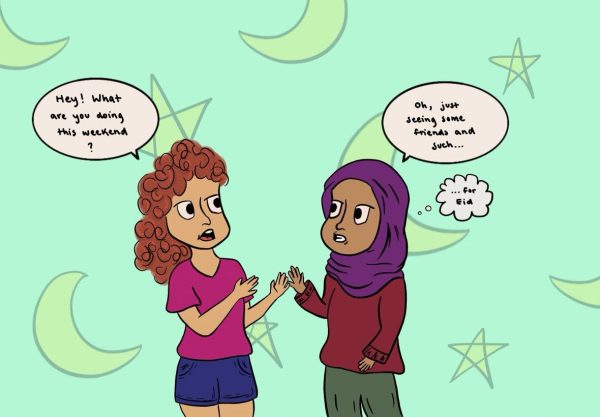
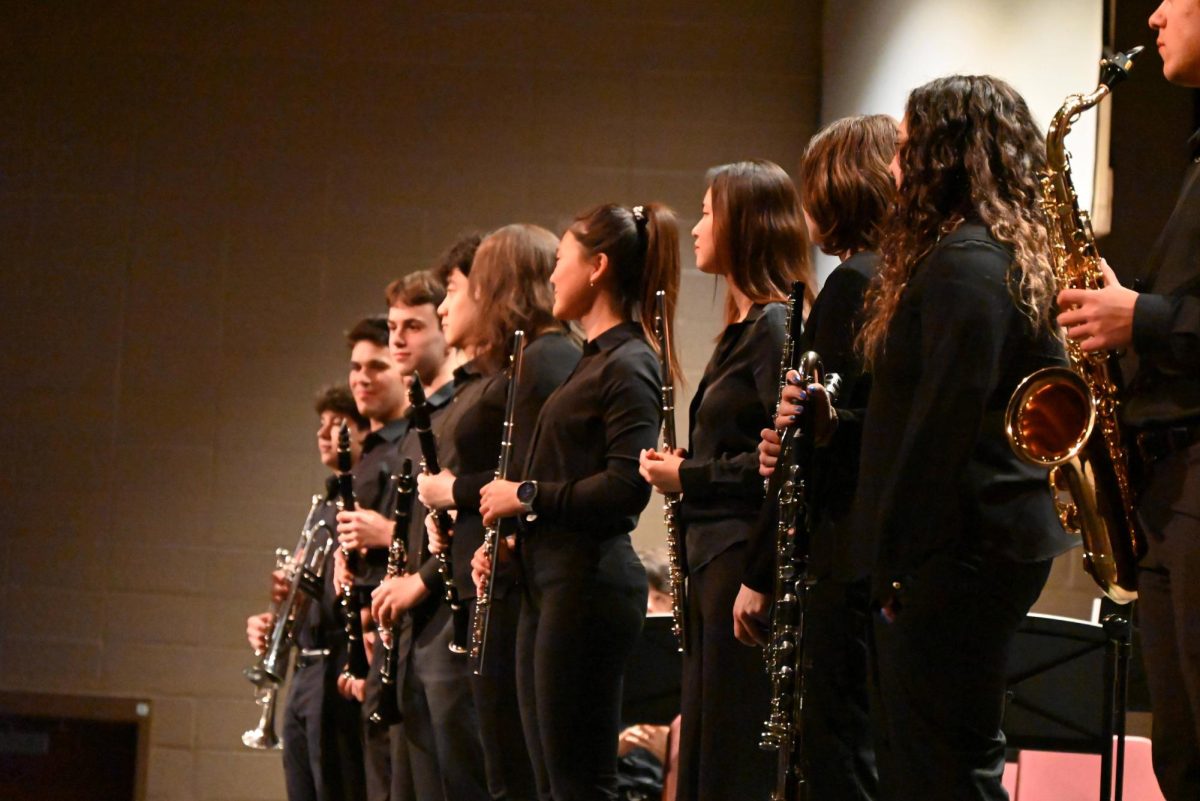
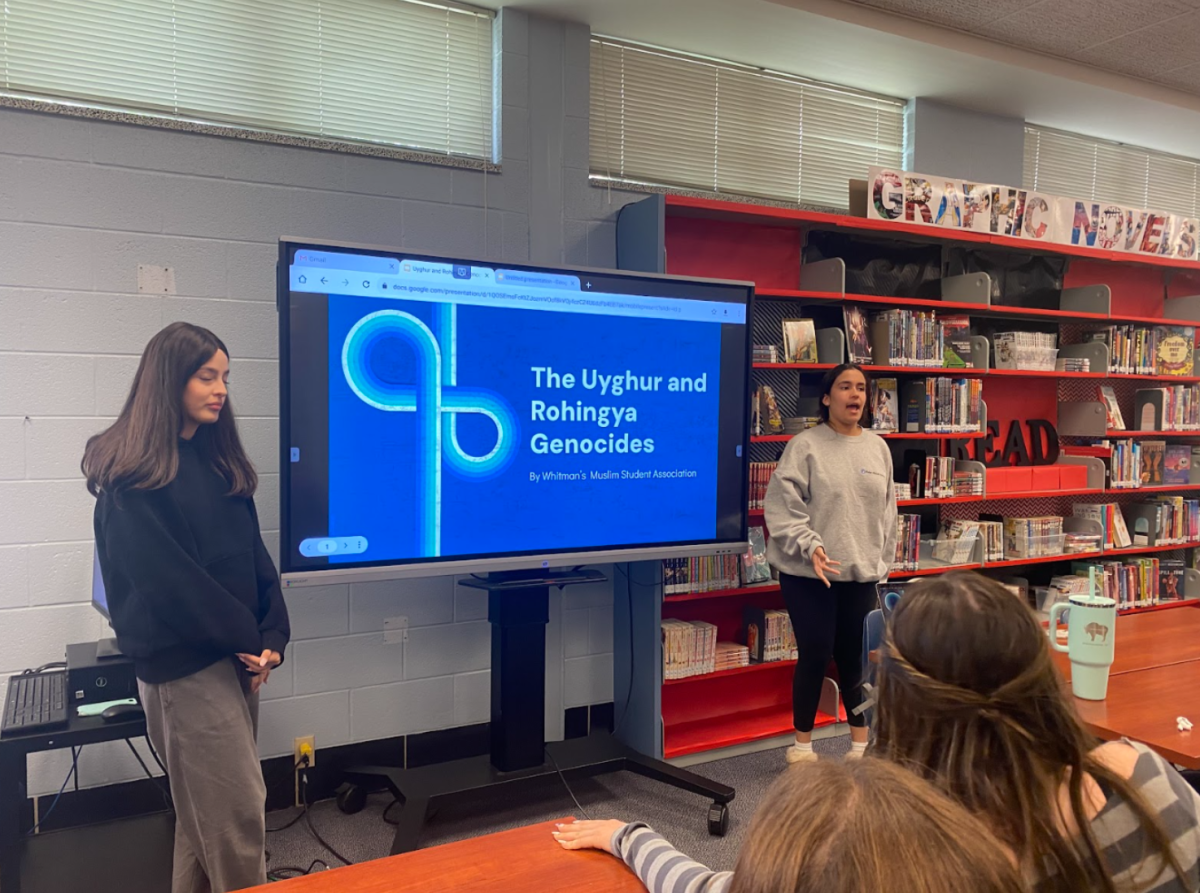
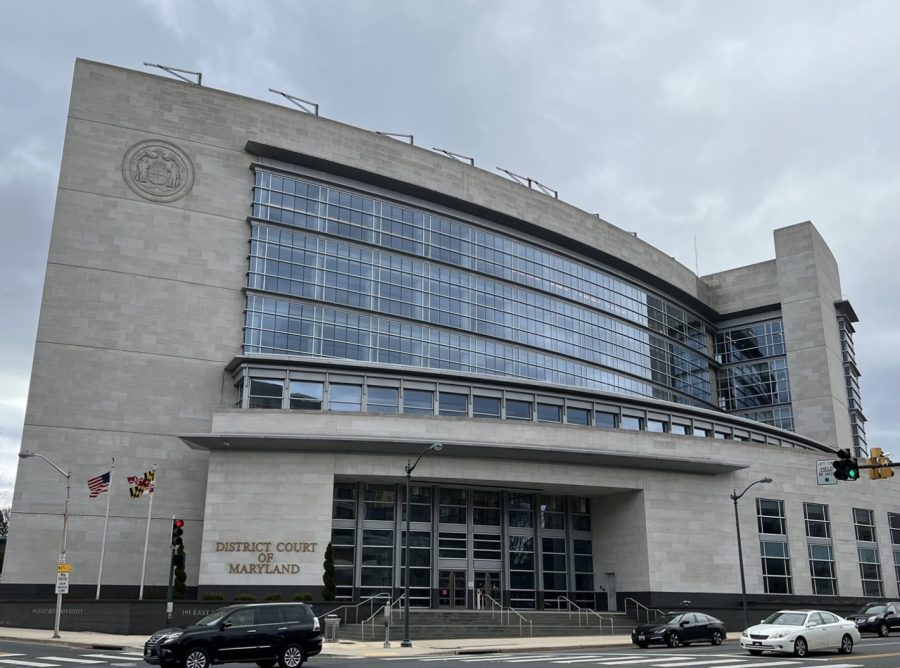
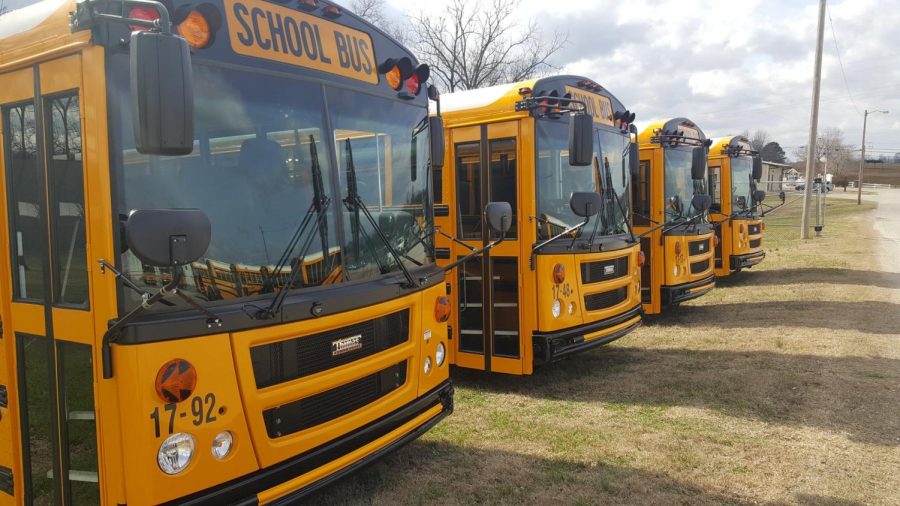

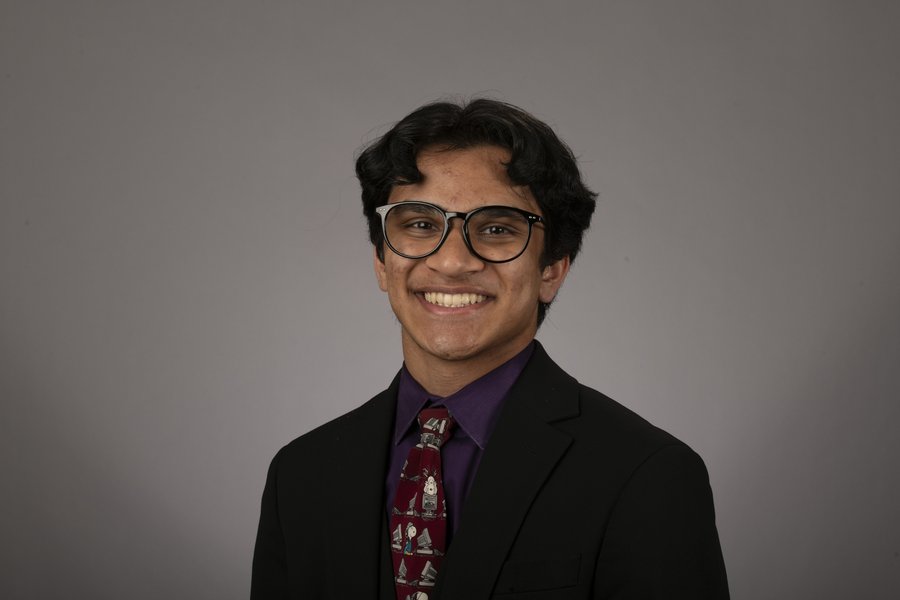
R. Kerr • Oct 13, 2011 at 11:35 am
I don’t buy that “free market solution” stuff.
R. Kerr • Oct 13, 2011 at 11:34 am
Good
Jeremy Steinberg • Oct 13, 2011 at 11:32 am
Good choice, but they should increase the punishment. $70 and a point is not much of a deterrent.
Danny McClanahan • Oct 11, 2011 at 11:46 am
rofl at “limiting individual liberties” when this is the same exact thing as drinking and driving
The Real Schifstick • Oct 11, 2011 at 8:34 am
This is such a bummer.